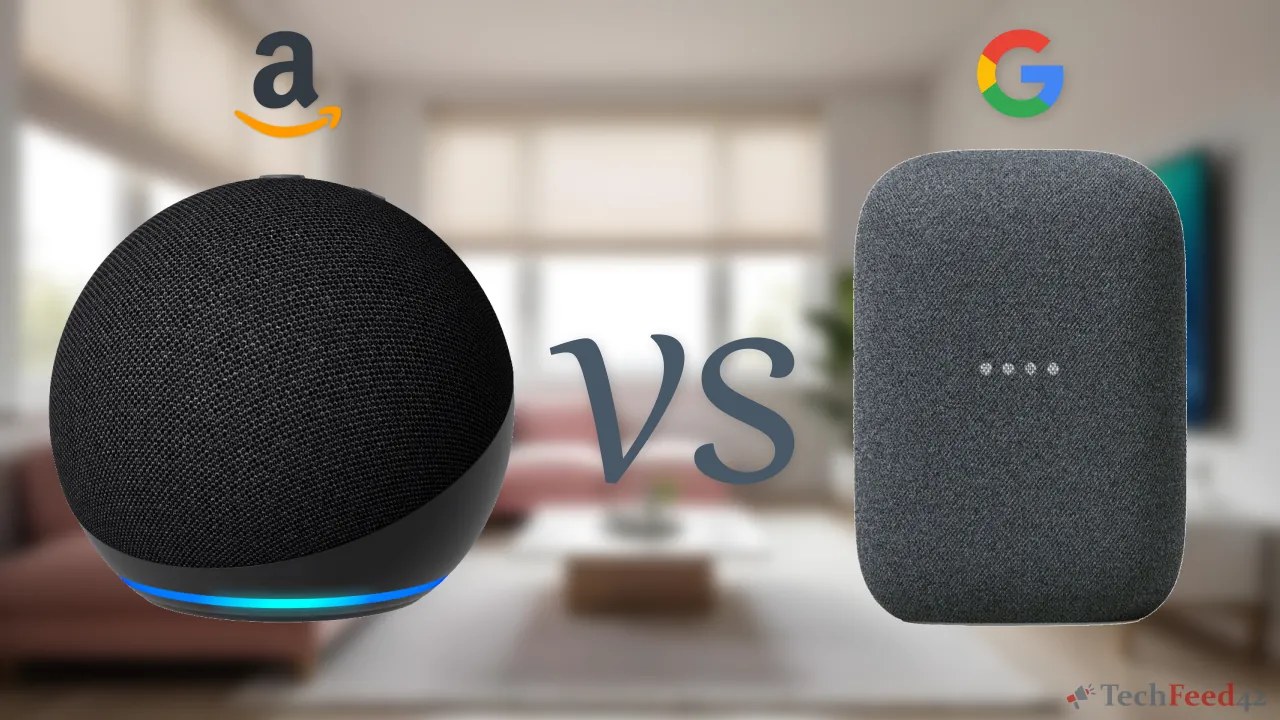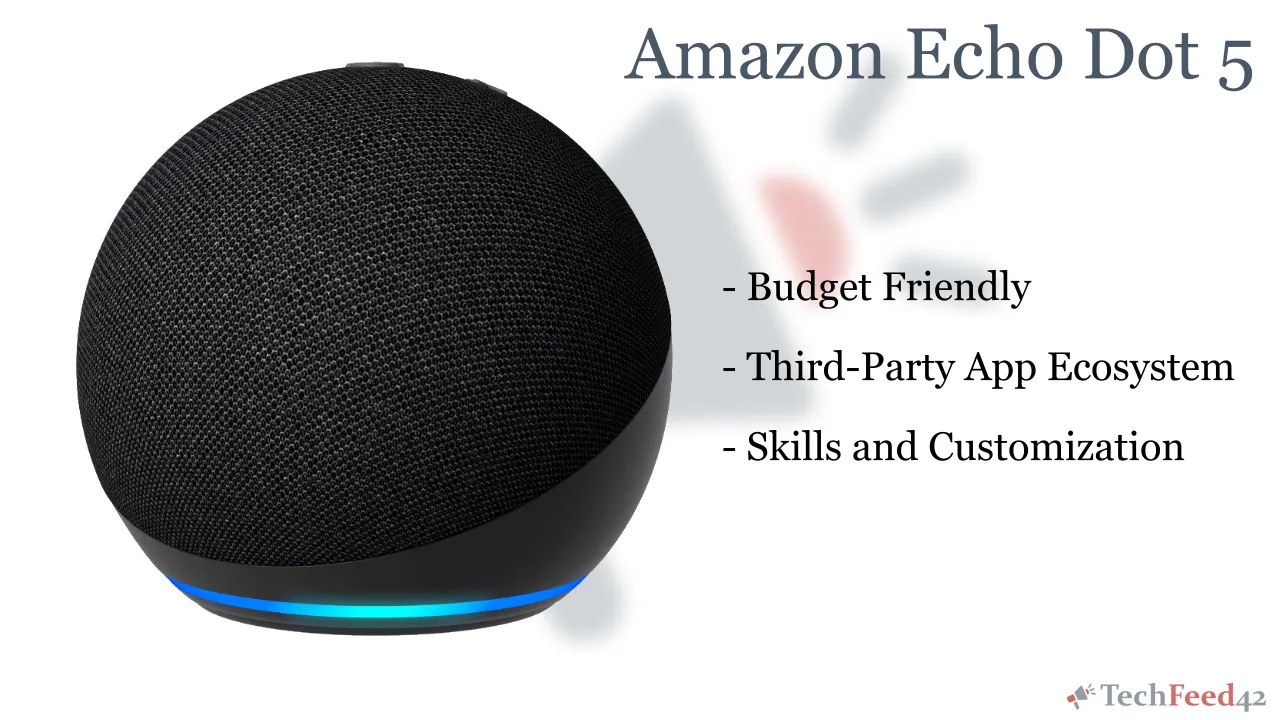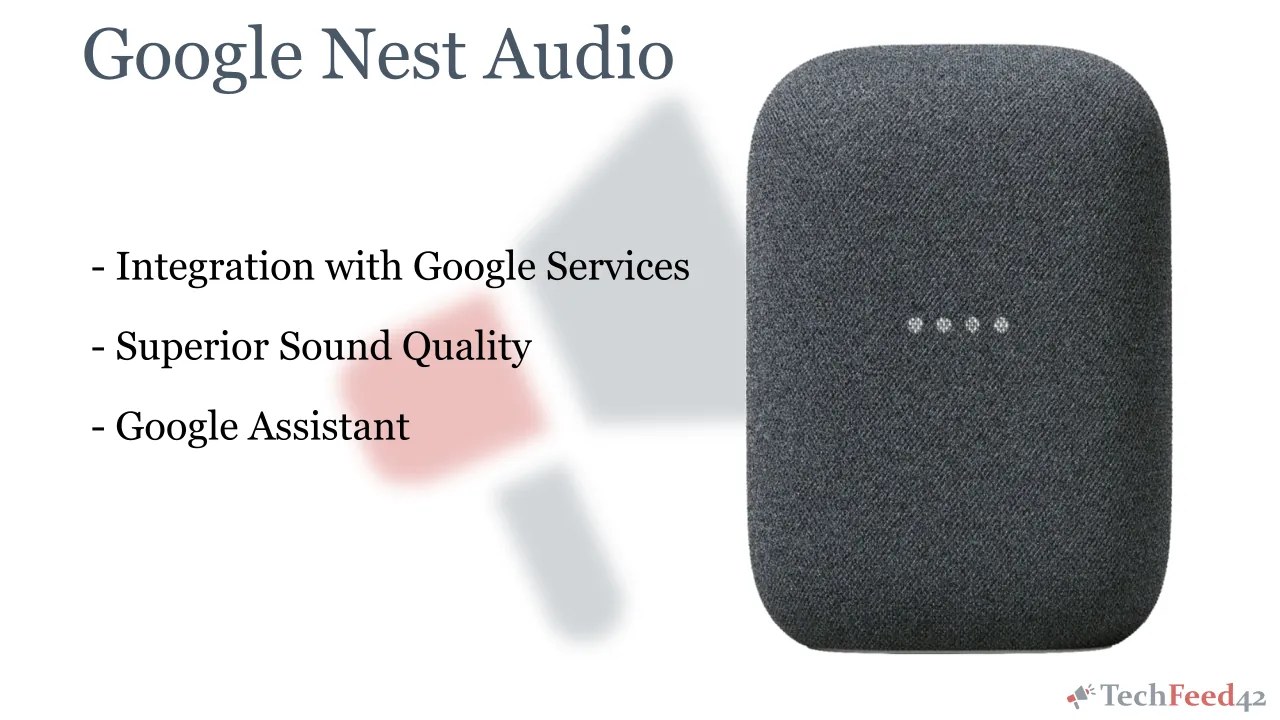When I started setting up my smart home, I faced one of the most common decisions: Amazon Alexa or Google Home? Both devices offer incredible features, but choosing between the two can feel overwhelming. In this article, I’ll share my experience and help you understand which smart home assistant might be the best fit for your needs.
Features and Functionality
Both Amazon Alexa and Google Home are powerful smart home devices that allow you to control your home using voice commands. However, the way they function is slightly different, and that can affect your overall experience.

Amazon Alexa has been on the market longer and supports a wider range of third-party devices. For example, if you already have smart home gadgets from different brands, like smart lights, thermostats, or security cameras, chances are they will be compatible with Alexa. Alexa’s “Skills” are one of its key strengths. These Skills are like apps that you can enable to add new features. Whether you want to listen to a meditation session, order pizza, or control your smart TV, there’s probably an Alexa Skill for that.
On the other hand, Google Home integrates smoothly with Google services. If you are deeply connected to the Google ecosystem (think Gmail, Google Calendar, or Google Photos), you may find Google Home to be more intuitive. It is also known for its natural language processing. Google Home tends to understand conversational language better, making interactions feel more fluid. For instance, if I ask Google Home to “turn off the living room lights”, I don’t need to be as specific as I would with Alexa.
Voice Assistant Comparison
When it comes to the voice assistants themselves, Alexa and Google Assistant differ in both capability and personality.
Amazon Alexa is known for its straightforwardness and customization options. You can choose different voices and even adjust the wake word, which is the word that triggers Alexa to listen. This can be especially handy if you have multiple Amazon devices in your home. Alexa also allows for more personalized routines. For instance, I can create a routine where Alexa turns off all my smart home devices and sets an alarm just by saying “Goodnight, Alexa”.
Google Home, powered by Google Assistant, shines in answering questions. Google has been the go-to for online search for years, so it’s no surprise that Google Home can provide more detailed and accurate responses when you ask for information. For example, when I ask about the weather or sports scores, Google Assistant tends to give me more up-to-date and relevant information than Alexa.

Compatibility with Smart Home Devices
One major factor to consider is the compatibility of each assistant with smart home devices. Both Amazon Alexa and Google Home can connect to a wide variety of smart home gadgets, but there are some differences in their ecosystems.
Amazon Alexa has the upper hand in terms of compatibility. With thousands of third-party integrations, Alexa can control a wide range of smart home devices from different manufacturers. Whether it’s Philips Hue lights, Nest thermostats, or Ring doorbells, Alexa can likely control it. I found that setting up new devices with Alexa was quick and straightforward, thanks to its wide support.
However, Google Home is catching up quickly. Google has invested heavily in smart home compatibility, and its partnerships with brands like Nest (which Google owns) provide a seamless experience. If you’re already using Google’s products, like the Nest Learning Thermostat or Nest security cameras, Google Home could be the better choice for you.
Audio Quality
Another factor I considered when choosing between Amazon Alexa and Google Home was audio quality. Both devices double as smart speakers, so sound quality can play a big role if you plan to use them for music or podcasts.
Amazon Alexa devices, like the Echo and Echo Dot, offer decent audio quality, but they are not as focused on sound as Google Home. However, the newer Echo devices have improved significantly in this area, delivering richer bass and clearer vocals. For casual listening or controlling smart home devices, Alexa works perfectly fine.
On the other hand, Google Home tends to have superior sound quality. Google Home’s bass is deeper, and the overall audio experience feels more immersive, especially if you enjoy streaming music. When I tested both side by side, I found Google Home to be better for audio enthusiasts.

Privacy and Security
When using smart home devices, privacy and security are always top concerns. Both Amazon Alexa and Google Home have measures in place to protect your data, but there are some differences worth noting.
Amazon Alexa stores voice recordings, but you can delete them manually or set them to automatically delete after a certain period. Amazon gives you control over your privacy settings, allowing you to manage your data directly in the Alexa app.
Google Home also keeps voice recordings, but like Alexa, you can delete them. Google Home gives users more transparency regarding how their data is used. It allows you to manage privacy settings easily through the Google Home app, and Google is upfront about its use of data to improve services. In my experience, Google offers a more streamlined privacy experience, especially if you’re already familiar with Google’s privacy tools.
Price Comparison
Price is another important factor when deciding between Amazon Alexa and Google Home. Both devices come in different models, with varying prices based on features.
Amazon Alexa devices, like the Echo Dot, are generally more affordable than Google Home speakers. You can often find great deals on Alexa devices, especially during sales events like Black Friday. This makes Alexa an appealing choice if you want to set up a smart home without breaking the bank.
Google Home devices, while typically more expensive than their Alexa counterparts, offer better audio quality and tighter integration with Google services. For me, the slightly higher price was justified by the seamless experience with my other Google products.
Conclusion: Which One Should You Choose?
Ultimately, the choice between Amazon Alexa and Google Home depends on your personal needs and preferences. If you already have a variety of smart home devices and want broader compatibility, Amazon Alexa is the way to go. It’s also a great choice if you’re looking for more customization through Skills and routines.
However, if you’re deeply embedded in the Google ecosystem and prioritize smooth integration with Google services and better voice recognition, Google Home might be the better option for you.
In my case, I ended up choosing Google Home because of my heavy use of Google services and my preference for better sound quality. However, I can see why many people prefer Amazon Alexa for its wider range of compatibility and affordability.
Both systems are excellent choices, so consider what matters most to you when making your decision.


